Nicka Smith’s talk on October 4 was recorded and is available on the college’s YouTube channel: https://youtu.be/RBe9uHxSTJo The Amherst Student published an article about the talk: “Nicka Smith Delivers Talk on Israel Trask and the Trask 250” Anna Smith ’22 published an op-ed piece on Trask to propose that the college acquire his mansion in…
Nicka Smith at Amherst, October 4, 2021
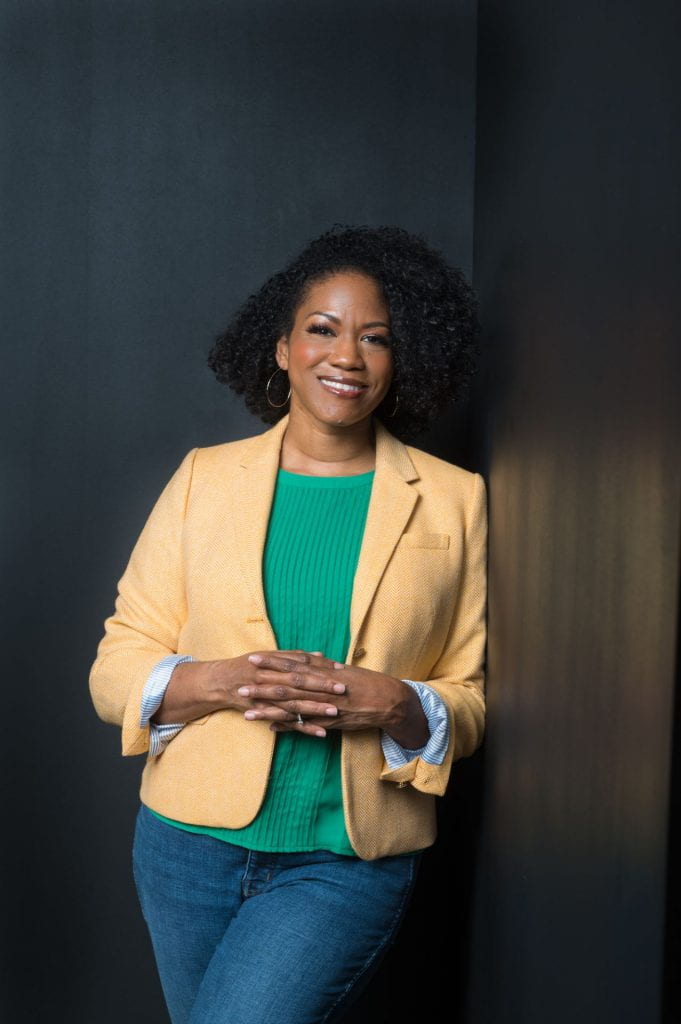
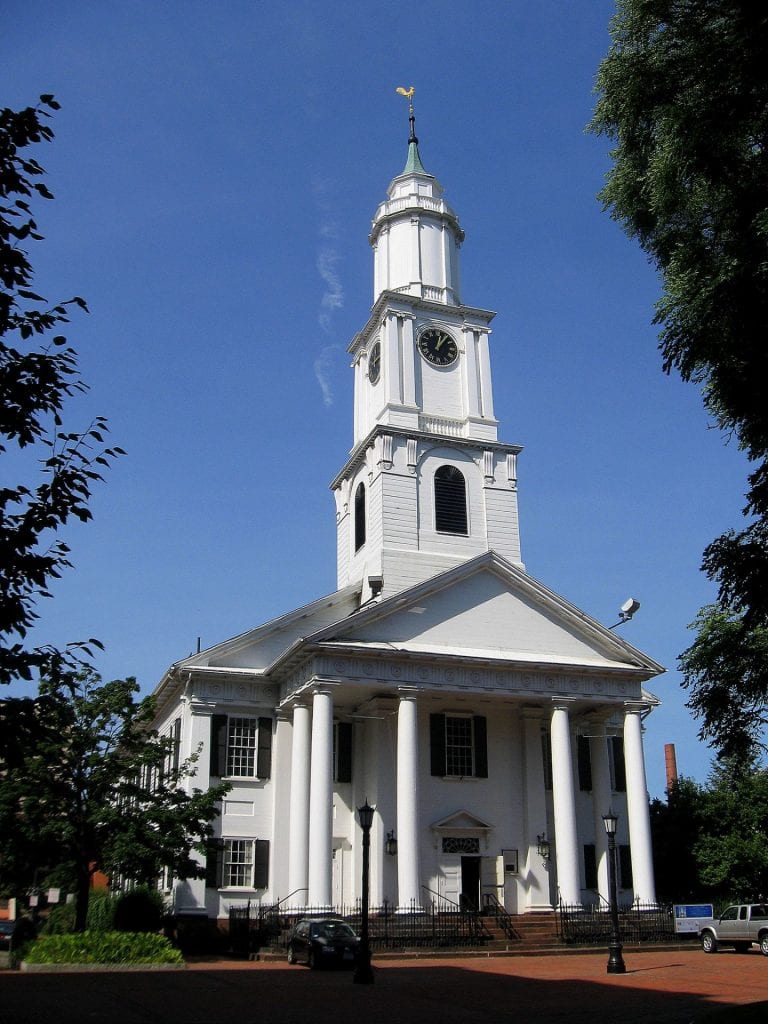
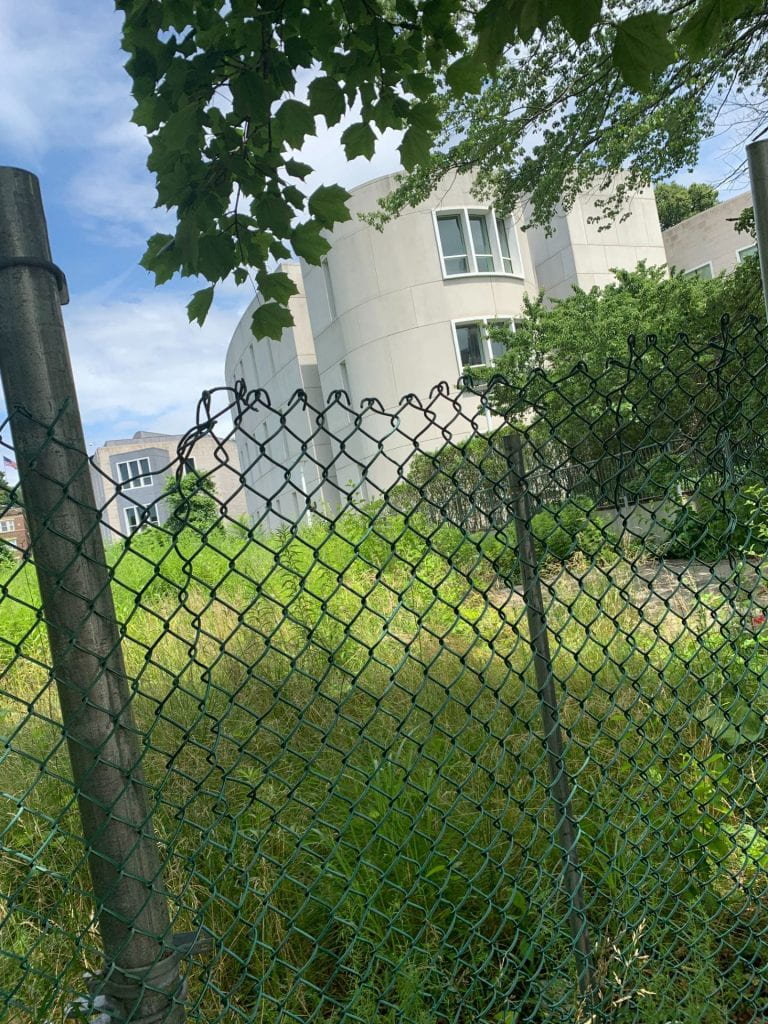
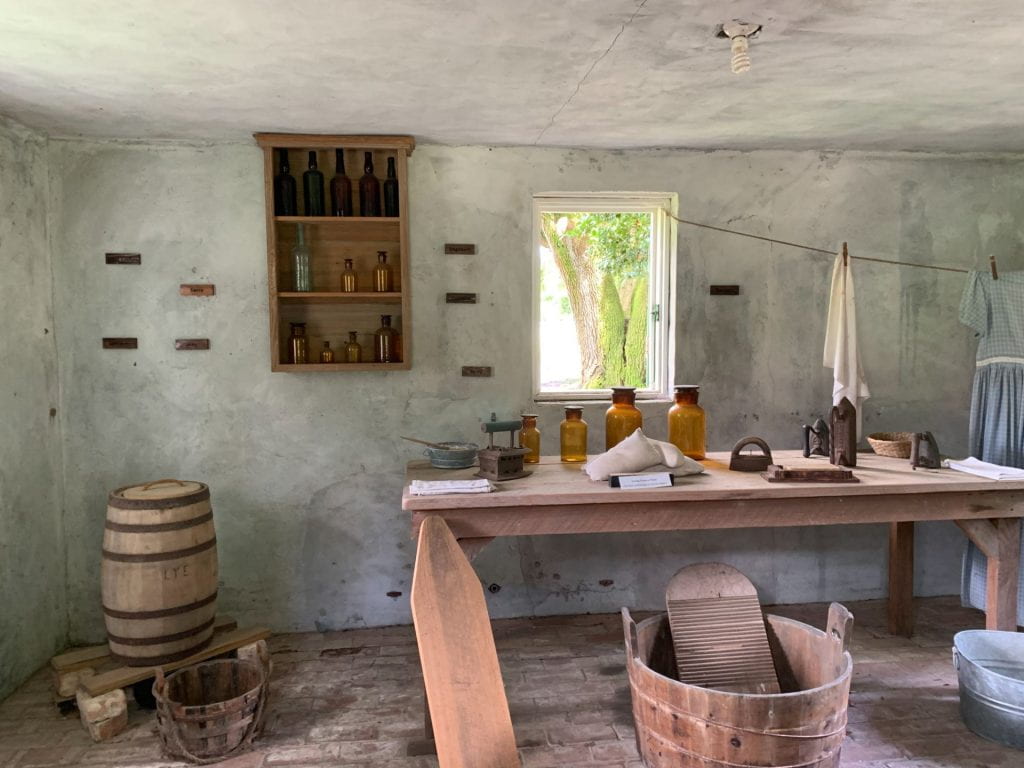
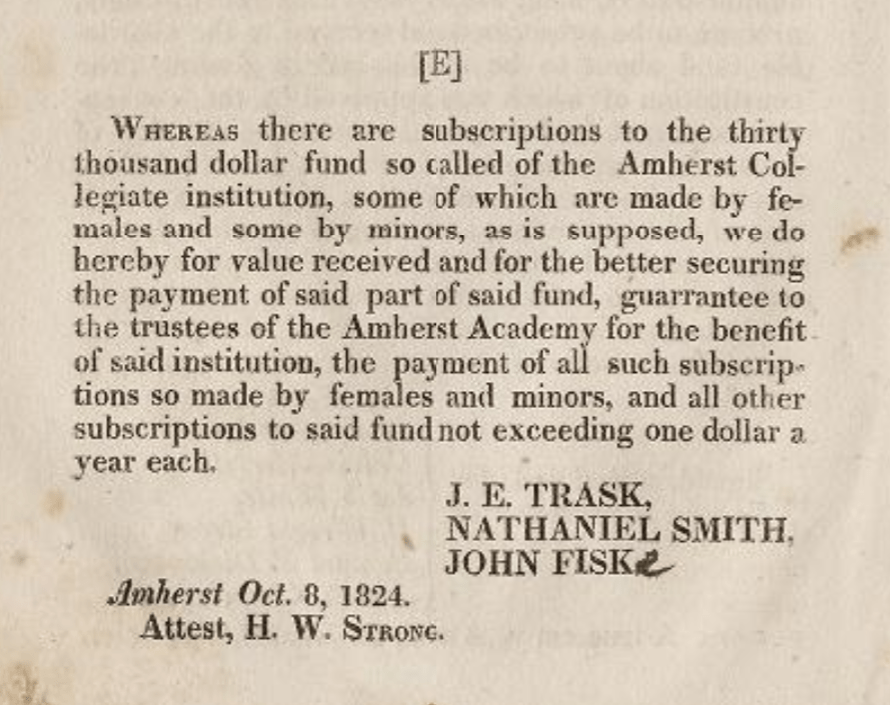
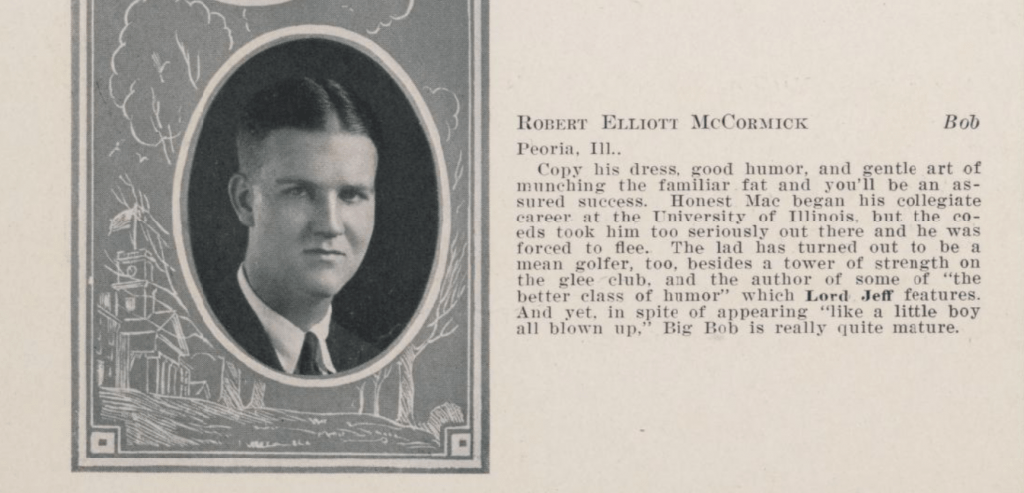
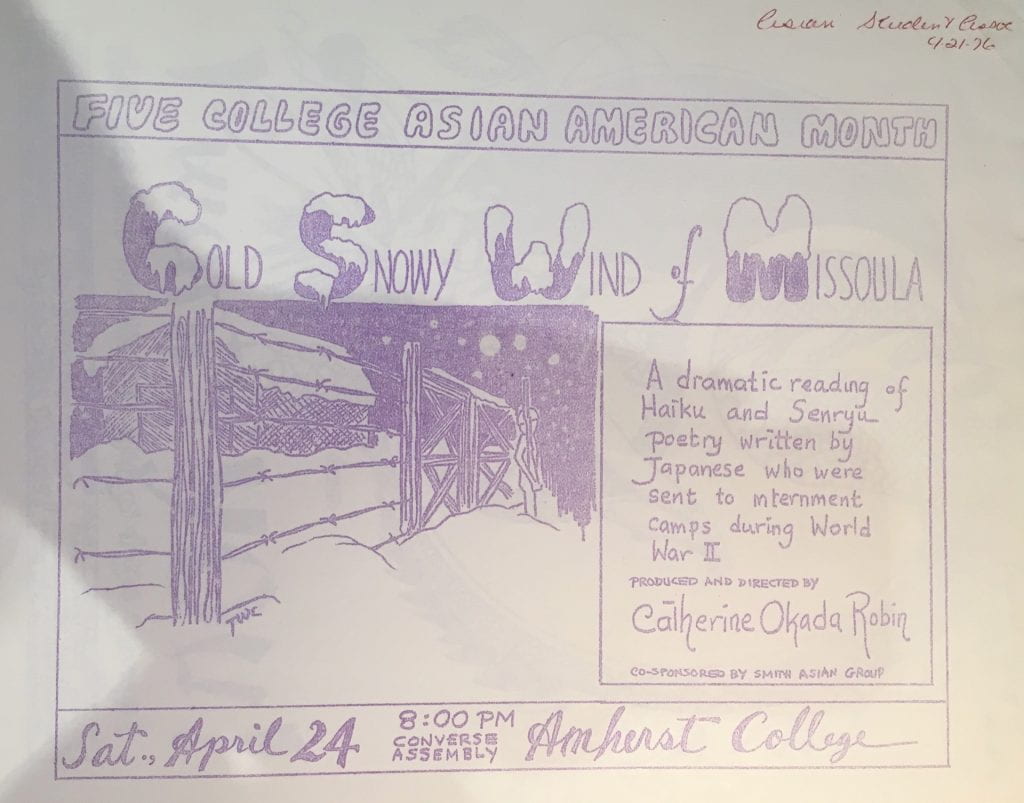

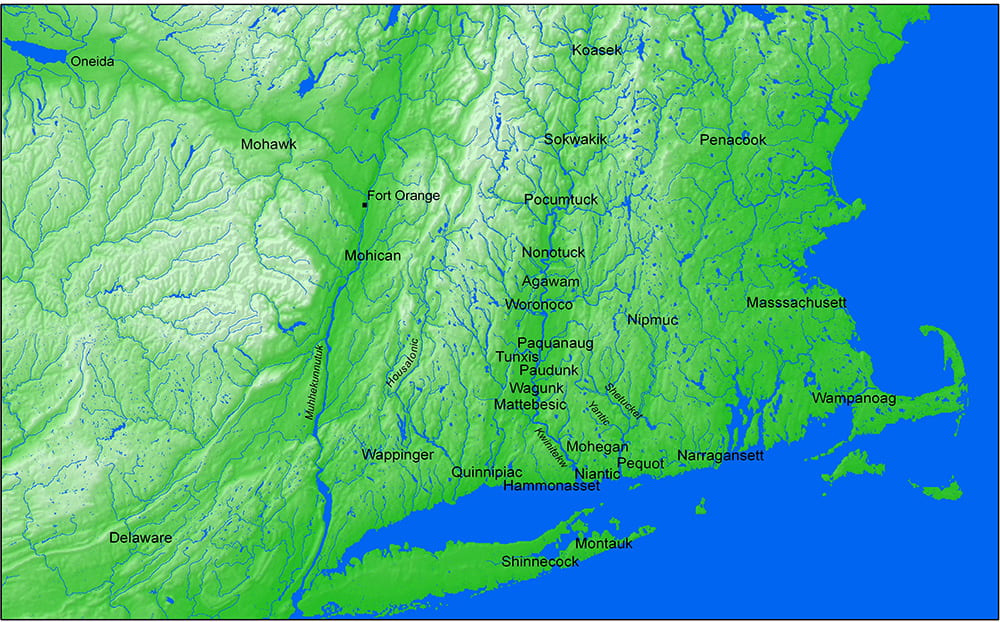
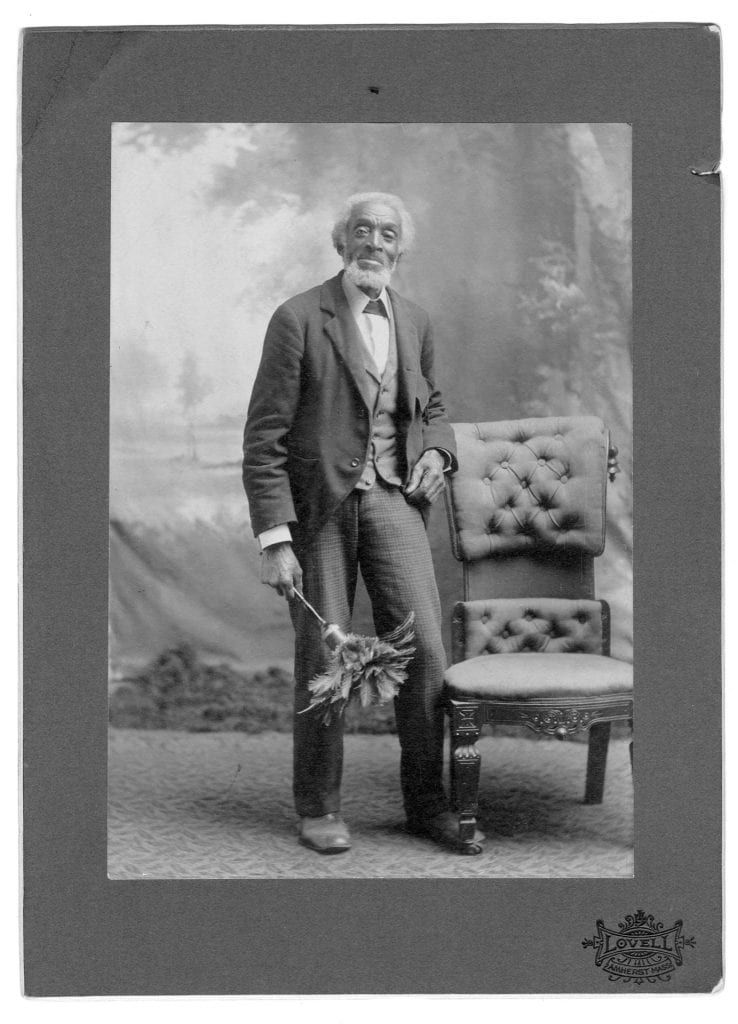
You must be logged in to post a comment.